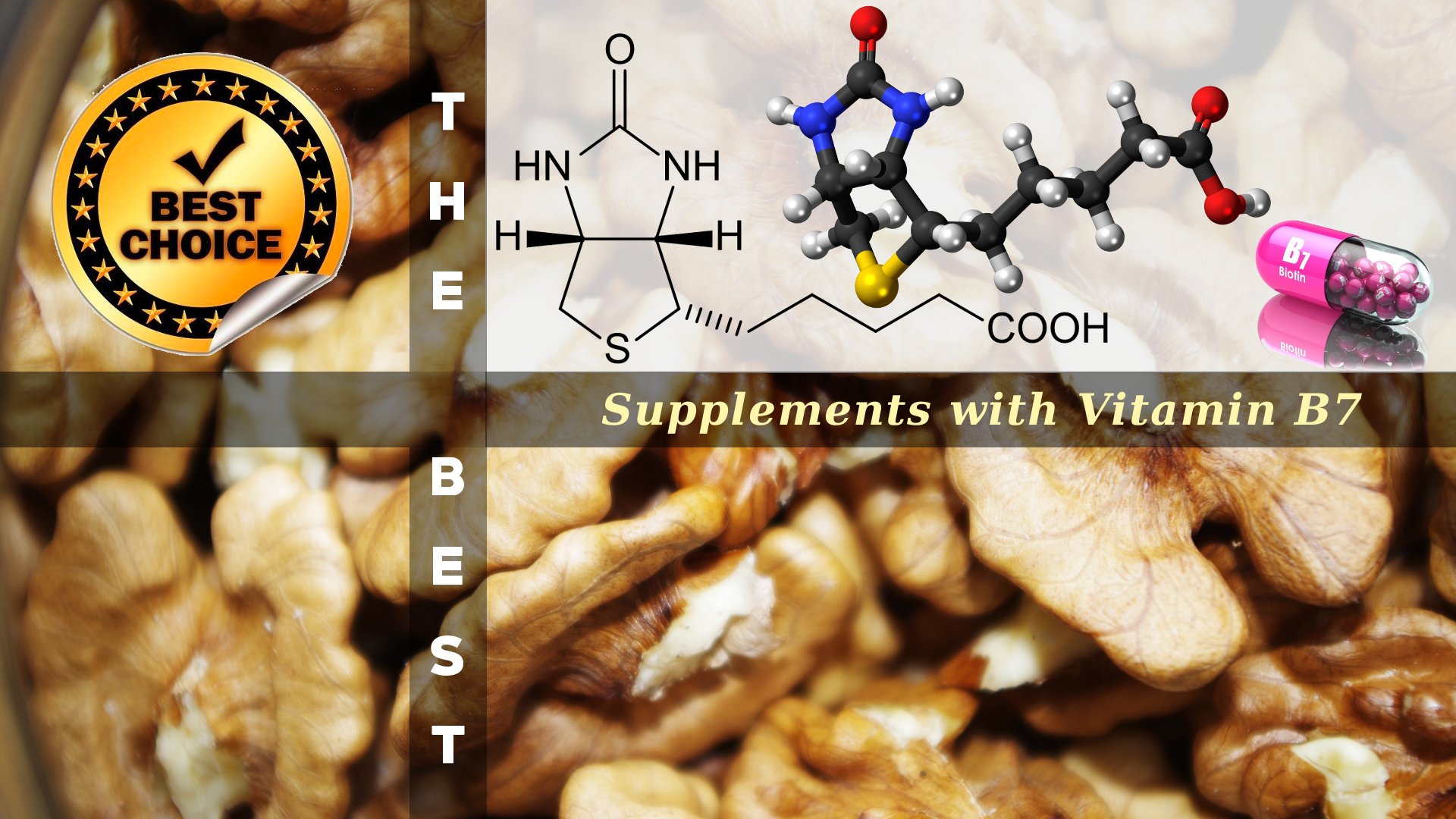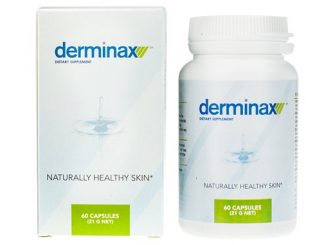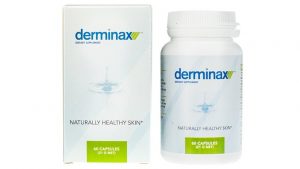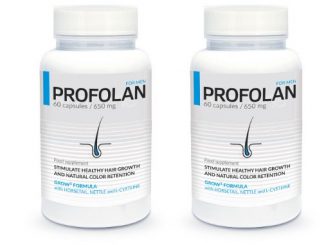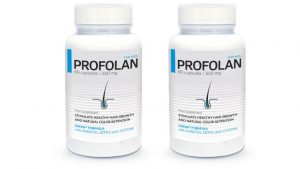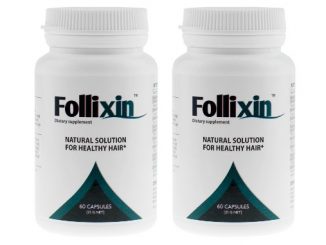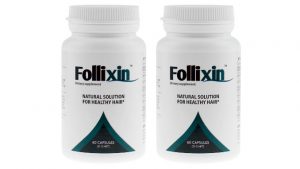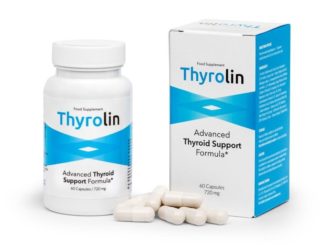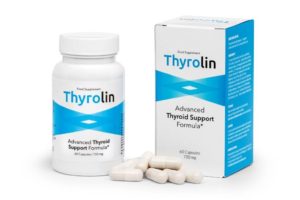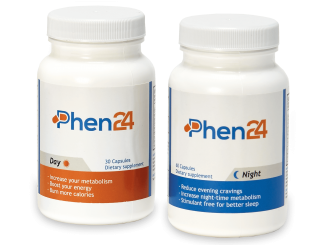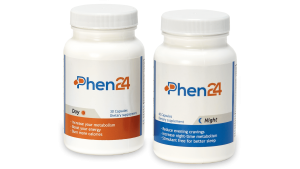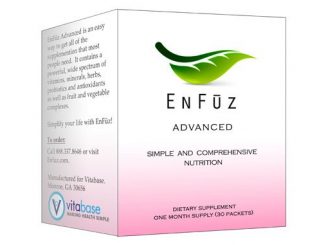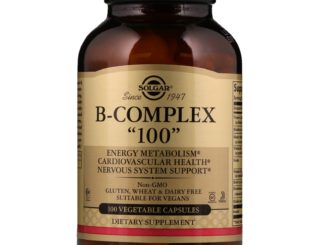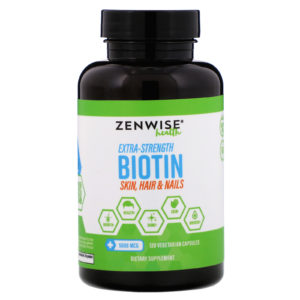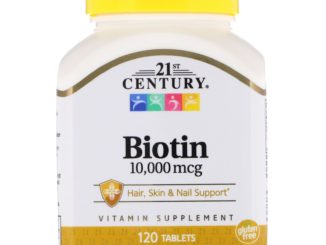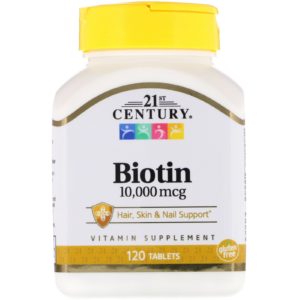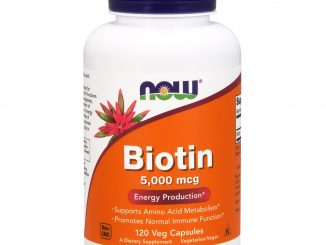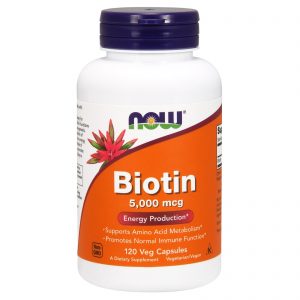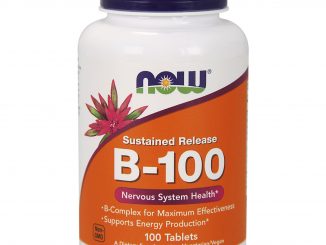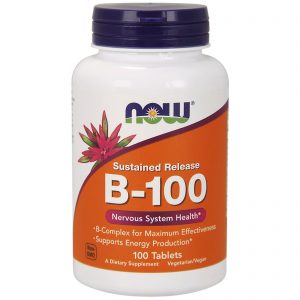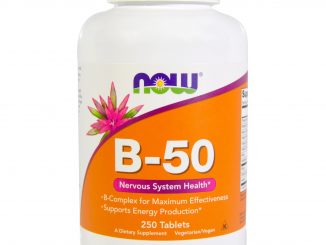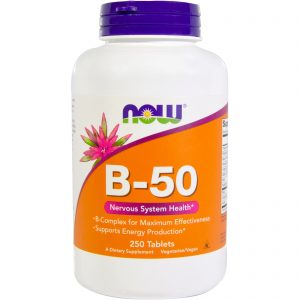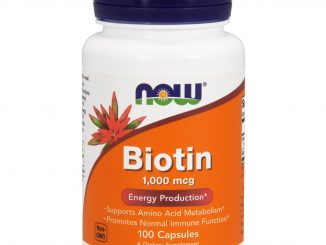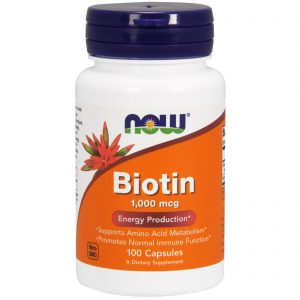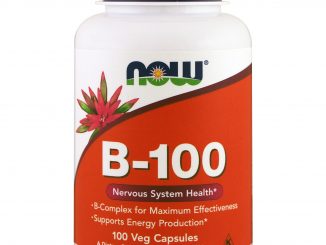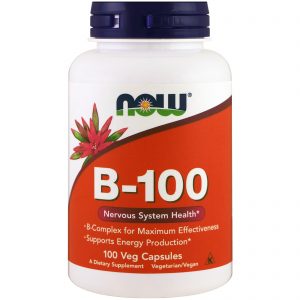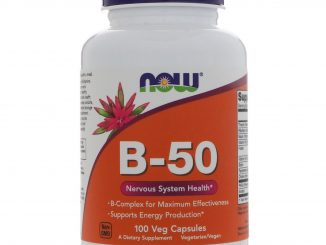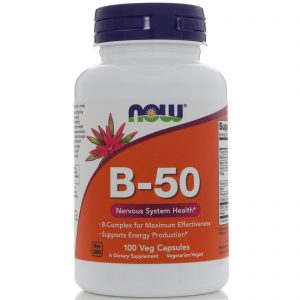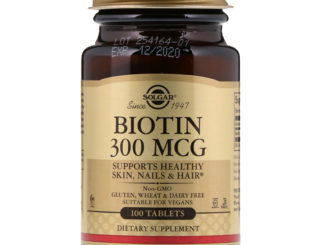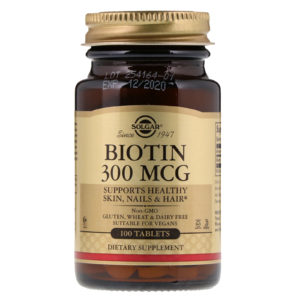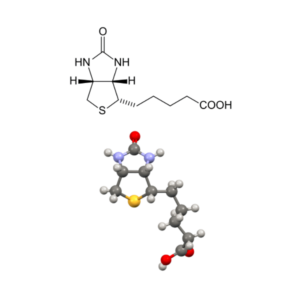The properties of Vitamin B7
Vitamin B7 (biotin or vitamin H) is a cofactor for five carboxylases that catalyze steps in fatty acid, glucose, and amino acid metabolism. Biotin also plays roles in histone modification, cell signaling, and gene regulation]. Most dietary biotin is found in protein. Dietary protein must be broken down into free biotin, which is then stored in the small intestine and liver. An adequate intake of biotin for adults is 30 mcg/day in U.S. populations. The average dietary intake of biotin in Western countries is adequate, and biotin deficiency is rare. Severe biotin deficiency in healthy individuals eating a normal diet has never been reported(1173).
Recommended Daily Allowance
Vitamin B7 – Recommended Daily Allowance: 30 (µg).
Symptoms of Deficiency
Seborrheic eczematous rash, tingling/burning of the extremities.
Specific Risk Factors for Deficiency
Type II diabetes, poor gluco-regulation.
Dietary Sources
Good Dietary Sources of Vitamin B7:
- eggs,
- liver,
- pork,
- leafy vegetables.
Vitamin B7 and Weight Loss
Biotin is often associated with hair and nail health, but it also aids in weight loss. As an important component of enzymes that work to break down fats, carbohydrates, and other substances in your body. Biotin helps prevent fat storage due to excess calorie intake.
Vitamin B7 and the Brain
The brain is particularly sensitive to the delivery and metabolism of glucose. Biotin plays a key role in glucose metabolism and haemostasis, including regulation of hepatic glucose uptake, gluconeogenesis (and lipogenesis), insulin receptor transcription and pancreatic β-cell function. Frank deficiency in biotin is rarely reported, although lower circulating levels of biotin have been reported in those suffering gluco-regulatory dysfunction, for instance Type II diabetes, alongside an inverse relationship between fasting plasma glucose and biotin levels(1262).
Brain Specific Symptoms of Deficiency
Depression, lethargy, hallucinations, seizures.


























































